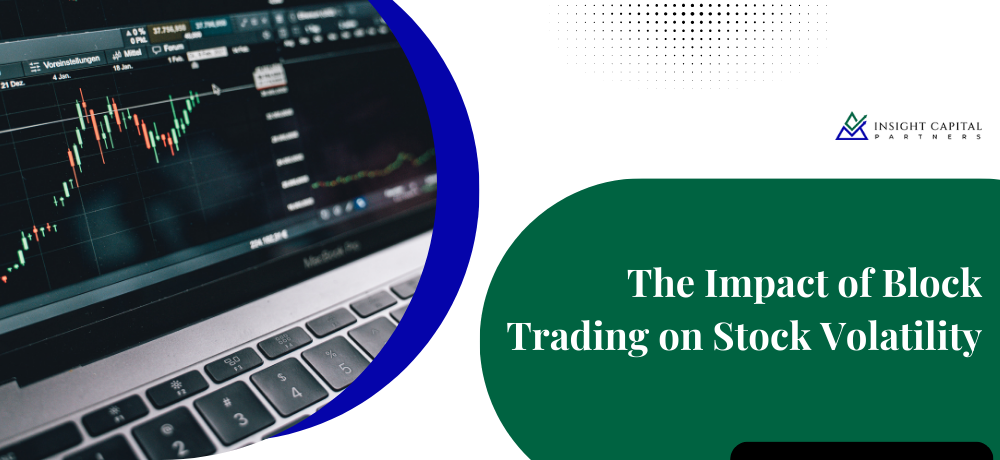The Impact of Block Trading on Stock Volatility
- David Campbell
Categories: Reporting Services Shareholder Base Small-Cap Consulting

In the world of finance, where fortunes can be made or lost in the blink of an eye, understanding the intricate dynamics of the stock market is essential. One aspect that has garnered significant attention in recent times is block trading and its influence on stock volatility. In this comprehensive exploration, we will delve deep into the world of block trading, dissect its impact on stock volatility, and offer insights that can help investors navigate this complex landscape.
Block Trading: Unveiling the Basics
Block trading is a practice that involves the buying or selling of a large number of shares or securities in a single transaction. Typically, these transactions involve quantities exceeding 10,000 shares. The aim behind block trading is to execute these orders efficiently, often with minimal market impact.
Understanding Stock Volatility
Before we dive into the intricacies of block trading, it's essential to grasp the concept of stock volatility. Stock volatility measures the degree of variation in a stock's price over time. High volatility signifies larger price fluctuations, while low volatility suggests more stable prices. Stock volatility is a crucial parameter for both investors and traders.
The Interplay: Block Trading and Stock Volatility
The relationship between block trading and stock volatility is intricate. On one hand, block trades can contribute to increased volatility in the short term due to the substantial order size. However, over the long term, block trading can have a stabilizing effect on the market.
Block trades are often executed by institutional investors, such as mutual funds, pension funds, or hedge funds. When these entities buy or sell large blocks of shares, it can create significant price movements, leading to short-term fluctuations. This phenomenon is known as "price impact."
The Impact of Block Trading on Short-Term Volatility
In the short term, block trading can lead to elevated stock volatility, primarily because of the sudden injection of a large number of shares into the market. This can trigger a domino effect, causing other traders and investors to react, further amplifying the price swings.
However, it's crucial to note that these short-term fluctuations tend to revert to the mean over time. As the market absorbs the impact of block trades, prices often stabilize, and volatility subsides. This phenomenon is a testament to the market's ability to self-correct.
Block Trading Strategies to Mitigate Volatility
To mitigate the adverse effects of block trading on stock volatility, institutional investors employ various strategies:
- Algorithmic Trading: Algorithmic trading algorithms are designed to execute large orders gradually, minimizing price impact.
- Dark Pools: These are private trading platforms that allow institutions to execute large trades away from public markets, reducing the visibility of their orders.
- Time-Based Execution: Institutional investors may choose to execute block trades during specific times, such as the closing auction, when market volatility is lower.
The impact of block trading on stock volatility is a multifaceted phenomenon. While it can contribute to short-term fluctuations, it often leads to market stabilization in the long run. Understanding these dynamics is essential for investors and traders seeking to navigate the complexities of the financial markets.
At Insight Capital Partners, we recognize the importance of transparent and efficient capital markets solutions for small and mid-cap companies. To learn more about the services we offer, please click here. If you have questions, we'd love to hear from you. Please feel free to call us at (647) 873-8519.